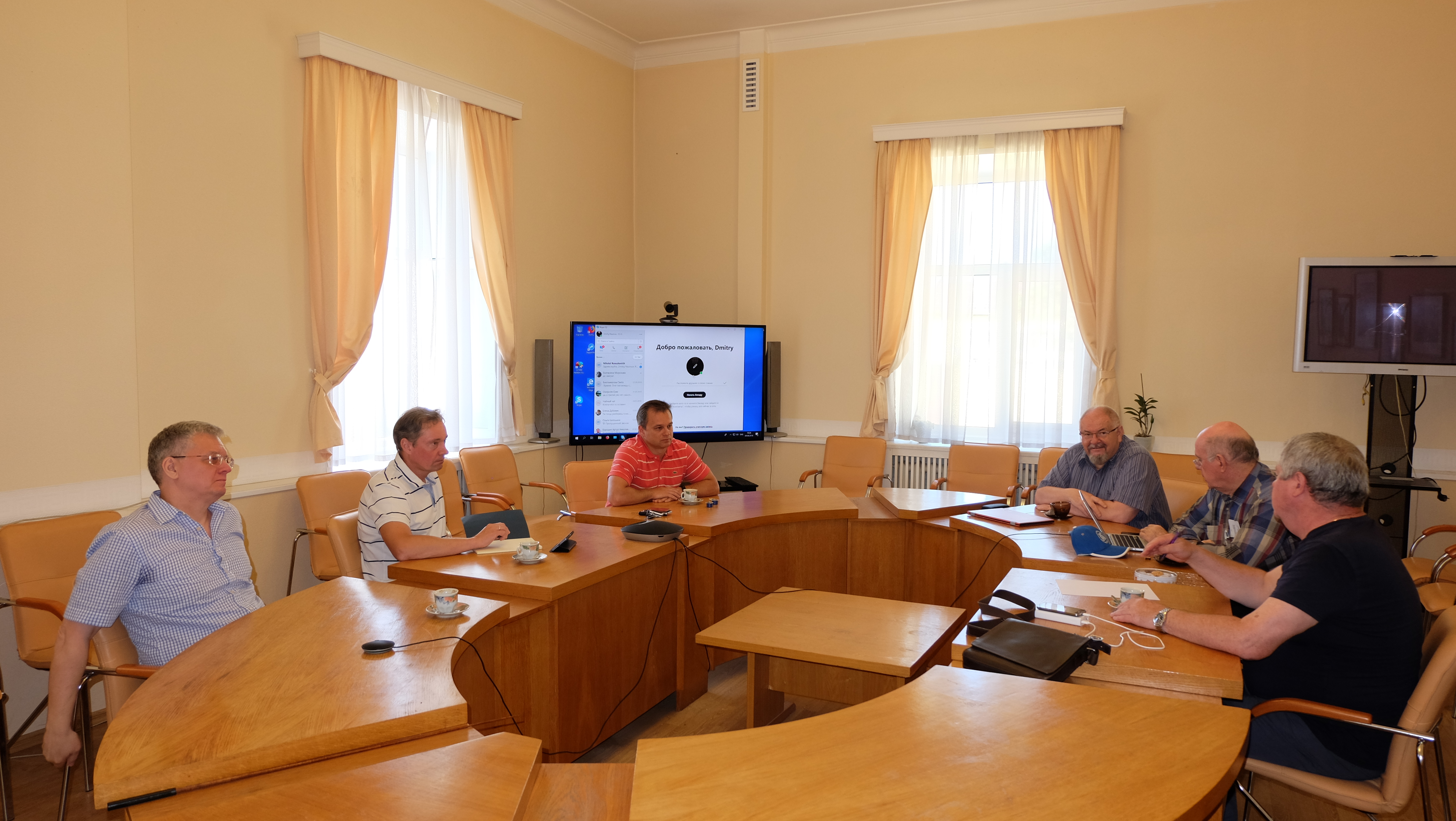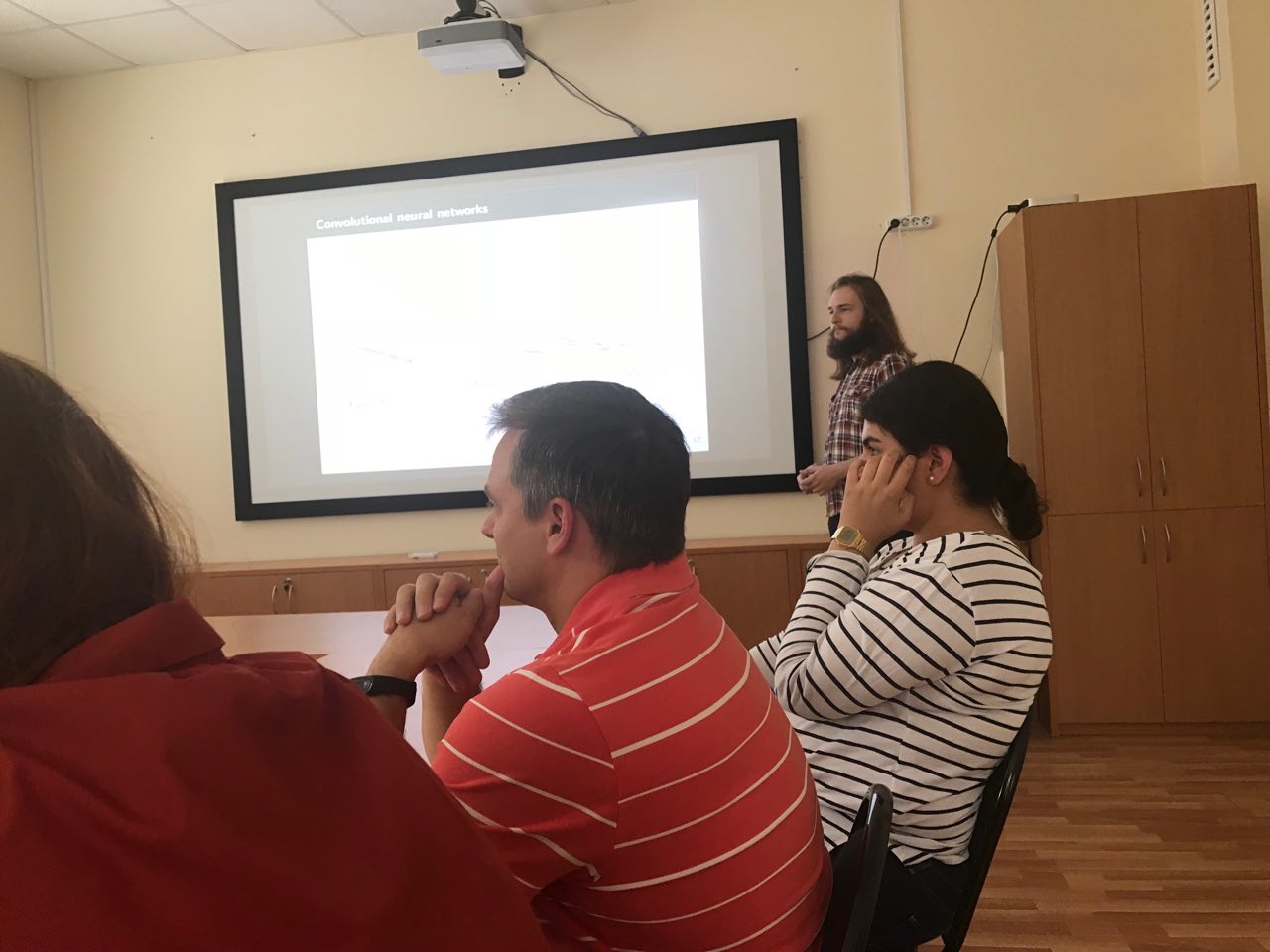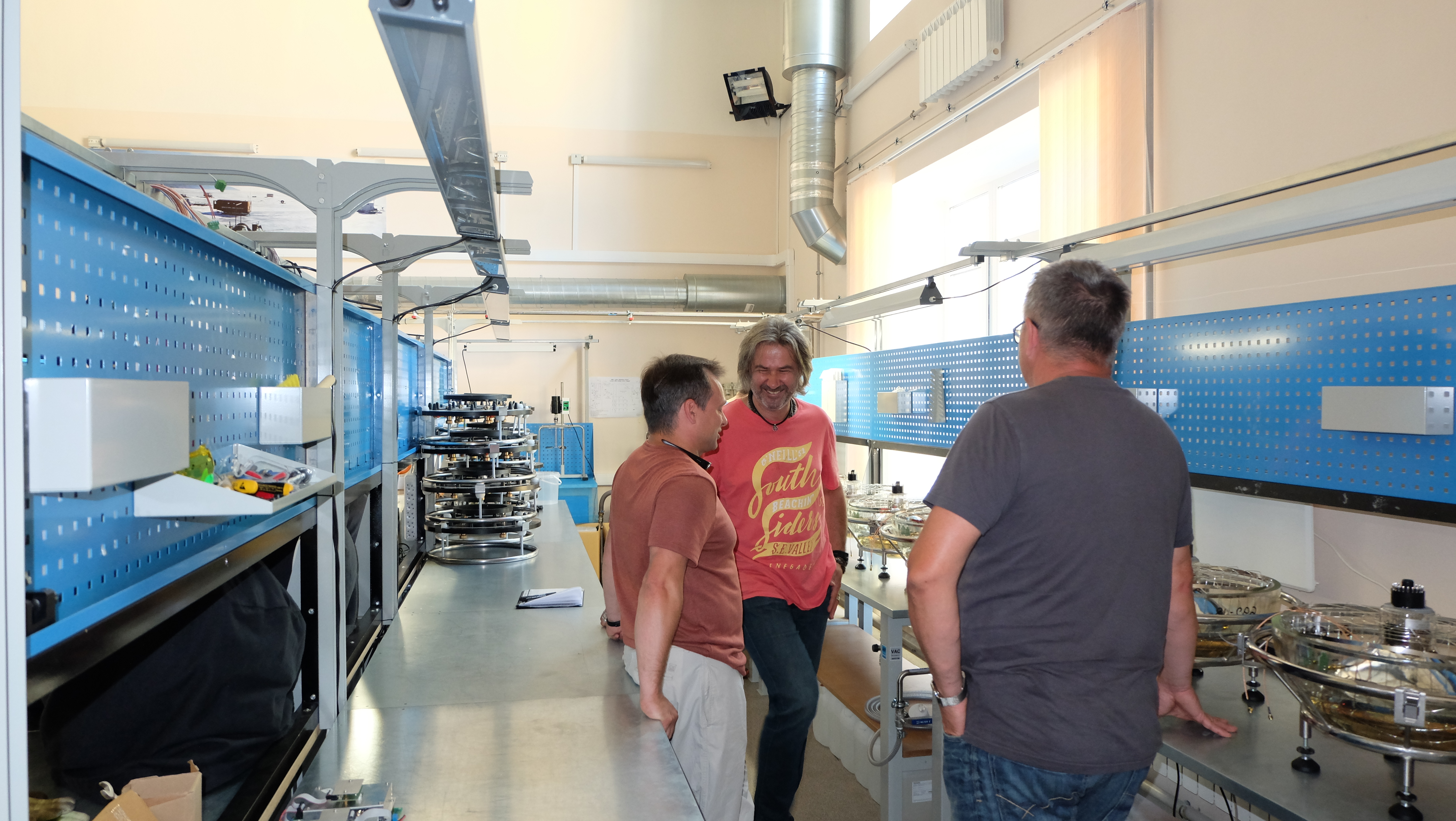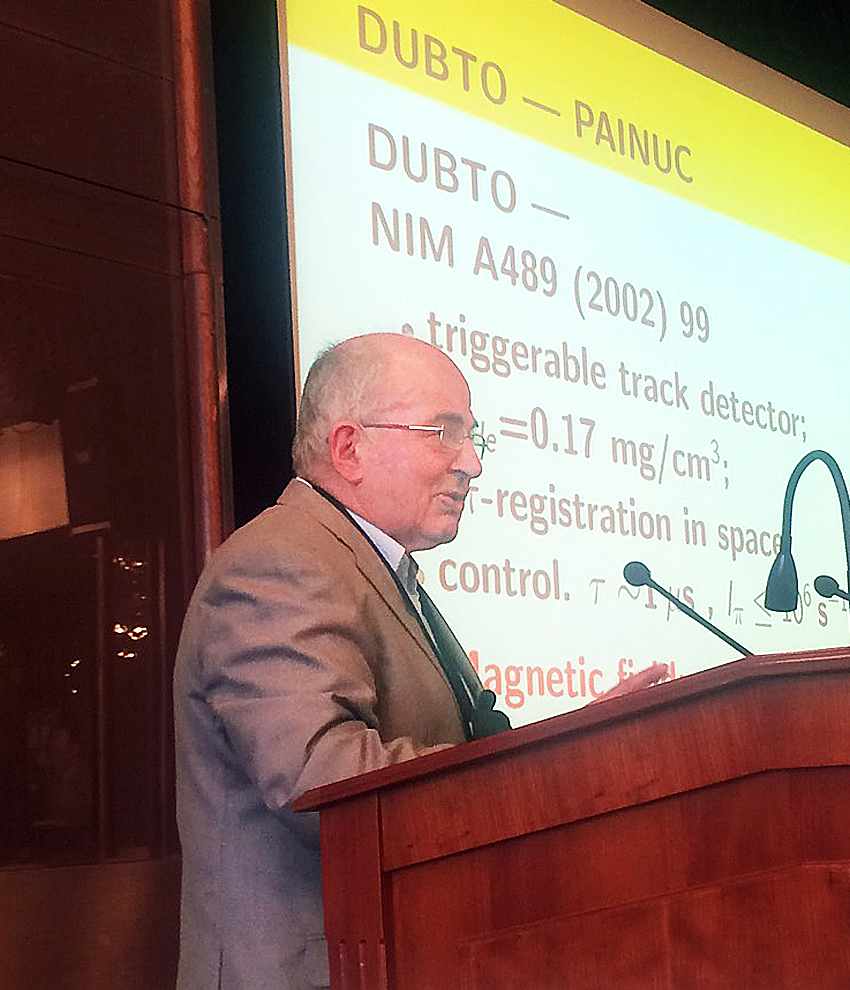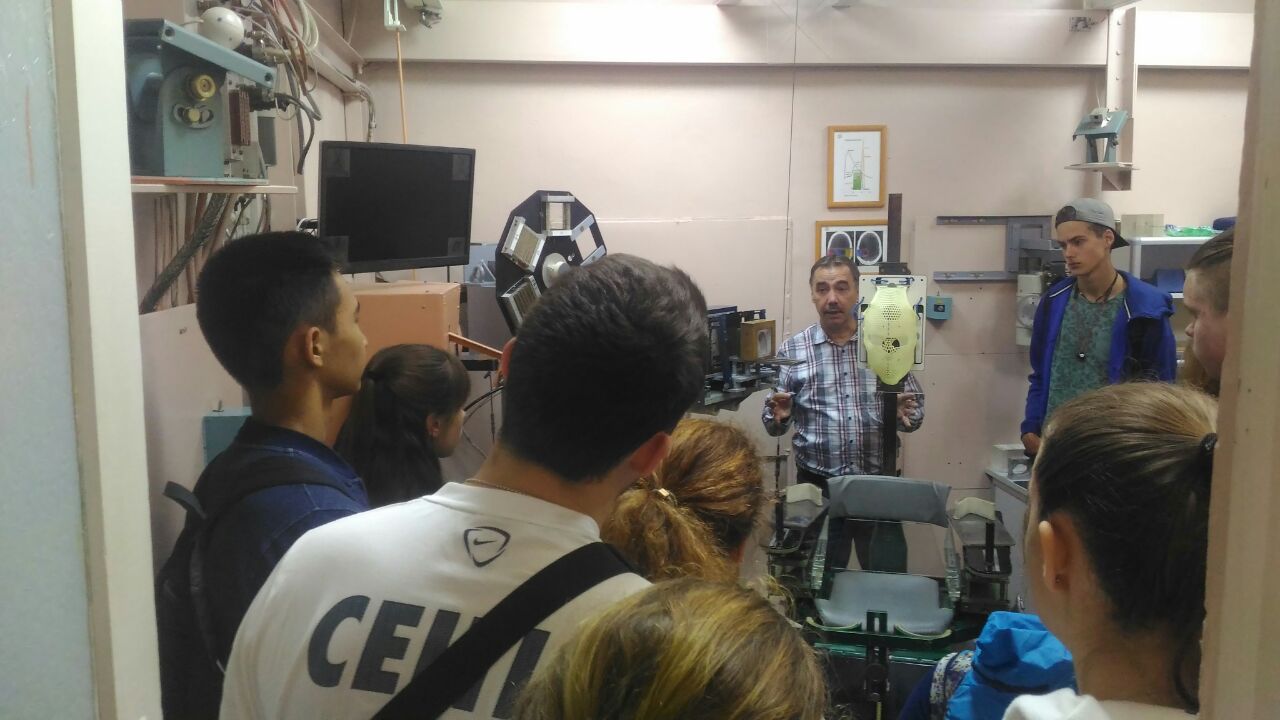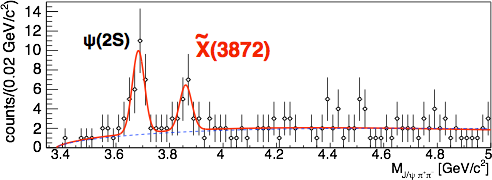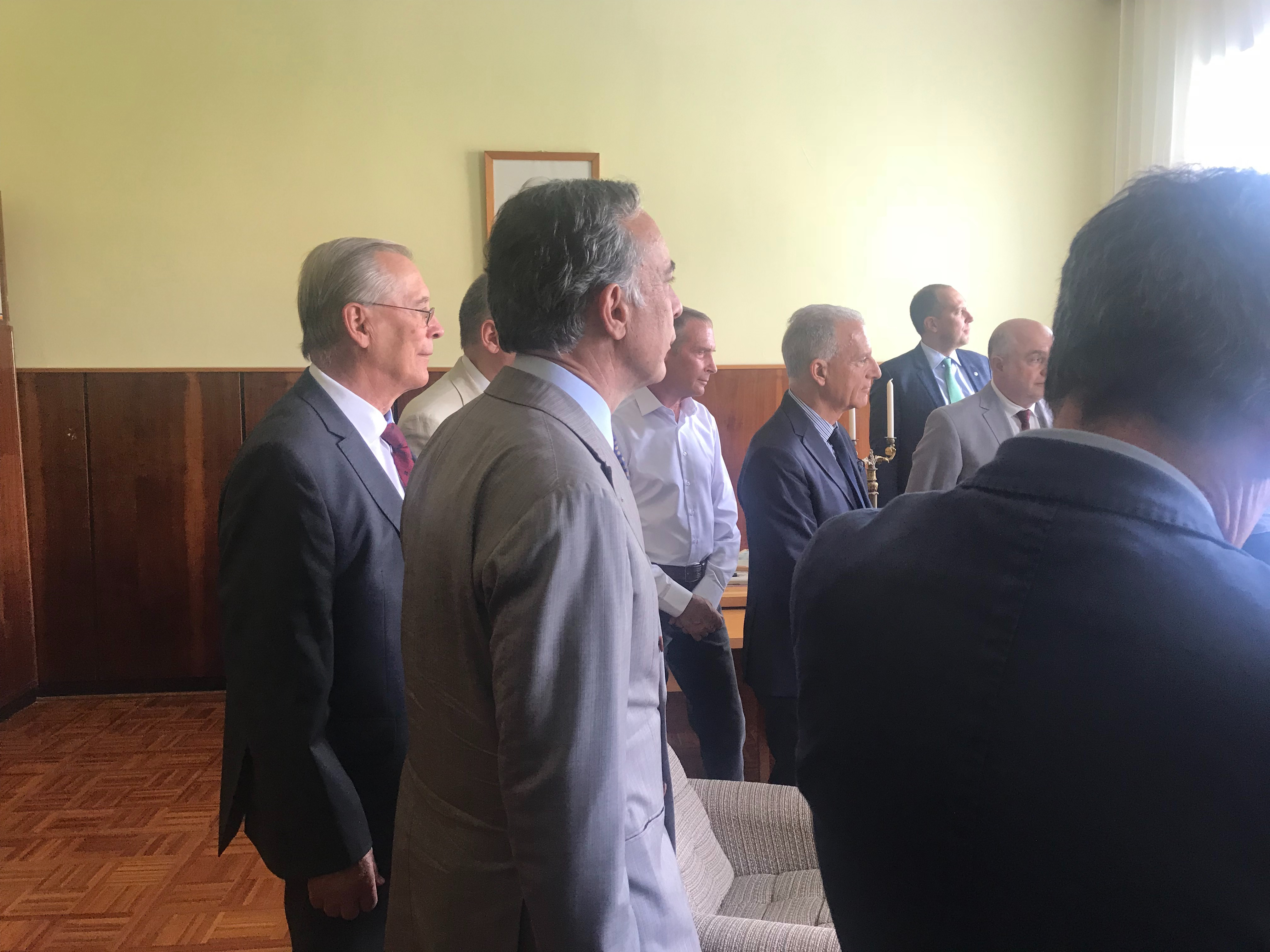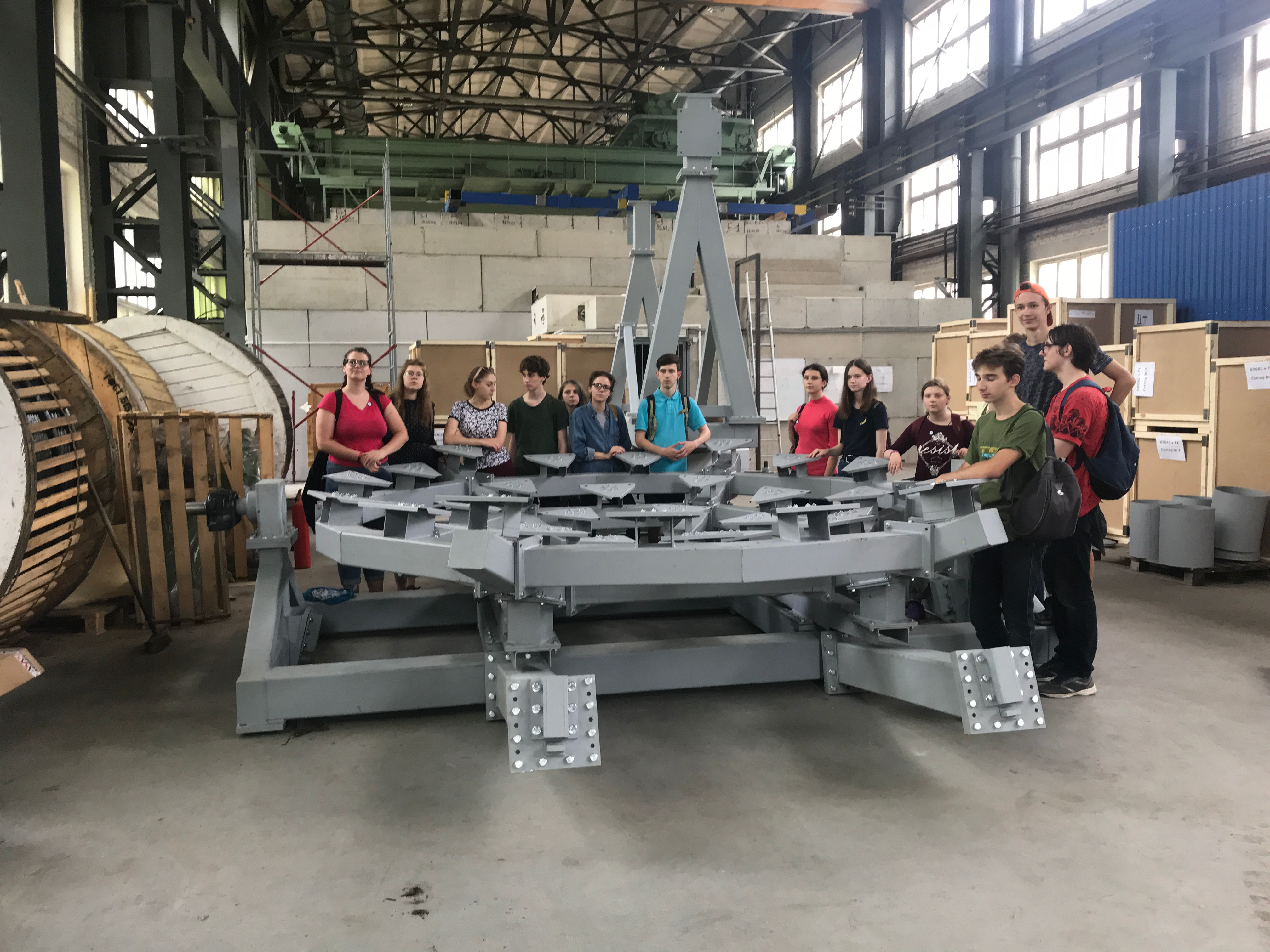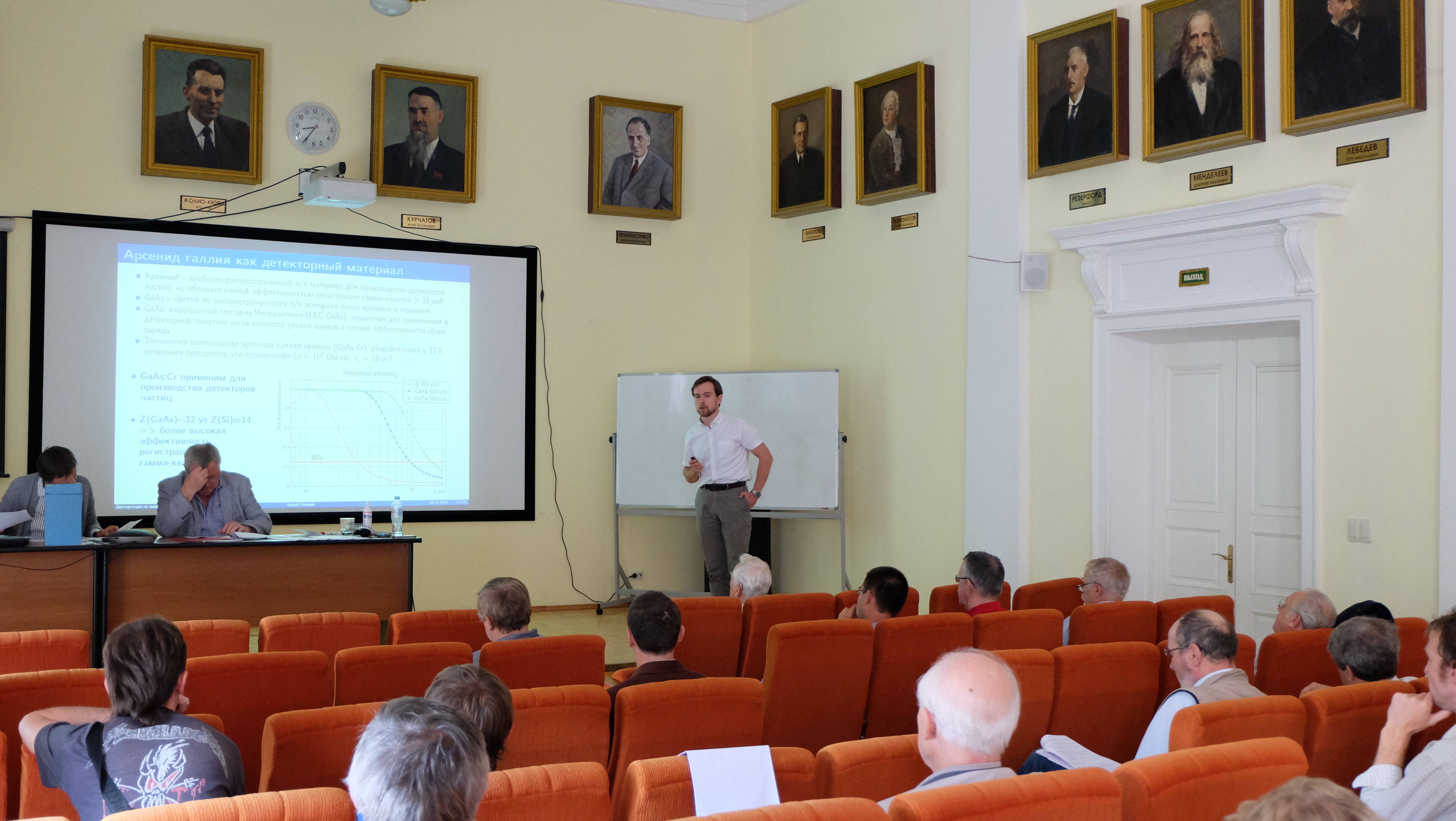News
20.08.2018
The working group for particle physics held its first meeting to discuss the JINR development strategy till 2030. The participants were V.A. Bednyakov, D.V. Naumov, N.A. Russakovich, A.B. Arbuzov, Marek Drzebabek (Poland), and Eliezer Rabinovich (Israel).
17.08.2018
In the Oval Room, Viktor Vasilievich Katrasev, Chairman of the Public Chamber of Dubna, met with the DLNP staff.He spoke about the working priorities of the Public Chamber, such as the public control of activities within the Socio-Economic Development Strategy for the science town of Dubna in 2017–2026, implementation of the programme for repair of stairwells in apartment houses and overall improvements of yards, and organization of public discussions of socially important issues and projects, and answered the questions of those present.
13.08.2018
On 11 August, Denis Uzhva from St. Petersburg State University, the first of the students who came to JINR within the Summer Student Programme, completed his practical training. The trainings within the Summer Student Programme are six to eight weeks long. Students come to JINR until September for a period agreed upon with their scientific supervisors from JINR, but the traditional beginning is in June.
06.08.2018
The LAV Productions company completes shooting the Technogenics programme for the Discovery Russia Channel, in which one of the episodes is about the Baksan Neutrino Observatory. The shooting team visited our laboratory to learn about the prospects for neutrino studies in Russia and in the world. More photos are here.
31.07.2018
July 30, 2018 marks the 80th birthday of Gil Brunovich Pontecorvo, Advisor to the Directorate of the Dzhelepov Laboratory of Nuclear Problems.
The DLNP Directorate, colleagues, and friends heartily wish Gil Pontecorvo happy birthday, advances in his researches, good health, happiness, and inexhaustible optimism!
Gil Pontecorvo has been working at the Laboratory of Nuclear Problems since 1962, and over that time he participated in quite a few scientific and methodological researches that yielded important physical results. He is one of the leading specialists in development and usage of streamer chambers.
26.07.2018
Today the young participants in the medical section of the Summer School scientific educational project visited the DLNP Medico-Technical Complex (MTC). Sergei Vasil’evich Shvidkii told the young visitors about the history of the MTC, proton therapy, and prospects for development of the Proton Radiotherapy Center in Dubna.
At present, up to 100 patients a year are given proton treatment sessions 26–28 weeks long at the MTC. Dubna holds the leading position in precision proton radiotherapy in Russia because since 1999 the method of 3D conformal proton treatment in which the dose distribution matches the target shape to within millimetreshas been implemented and successfully used here to treat deep-seated tumours.
19.07.2018
The search for photoproduction of the exotic charmonium $X(3872)$ in the COMPASS experiment (CERN) has ended in an unexpected result. Though a signal that completely agrees in parameters with the expected one was found with a statistical significance of 4.1 σin the invariant mass spectrum of the final state, the detailed analysis of the decay kinematics of the observed particle entirely disagrees with the well-known $X(3872)$ decay kinematics. This unexpected observation allows an assumption that the observed signal might be from a new particle designated as $\widetilde{X}(3872)$, which is a partner particle for $X(3872)$ and has a similar mass and lifetime but differs from $X(3872)$ by the set of quantum numbers. The existence of this partner particle is predicted by some theoretical models that describe $X(3872)$ as a state of two quarks and two antiquarks tightly bound by the strong force (tetraquark). The results of the work are published in the Physics Letters B783 (2018) 334–340.
18.07.2018
Displacement of collider beam focuses caused by various seismic sources was discussed.A method is proposed for calculating the beam focus displacement due to the passing seismic waves with allowance for the length of the area of beam preparation for collisions, frequency of the seismic wave, and its velocity dependence on the frequency.
06.07.2018
On 6 July 2018, at the session of the DLNP Dissertation Council Petr Igorevich Smolyansky defended the dissertation “Study of gallium arsenide pixel detectors based on the Timepix microcircuit” (speciality 01.04.01 “instruments and methods of experimental physics”)for getting the decree of the Candidate of Sciences in Physics and Mathematics.
We heartily congratulate Petr on the successful defence of the dissertation and wish him further success and creative achievements!
05.07.2018
At the seminar, consideration was given to advantages and drawbacks of methods for measuring coordinates of the laser beam center and determining the range and amount of laser beam displacements using the quadrant photoreceiver, CCD matrix, and dividing plates.


